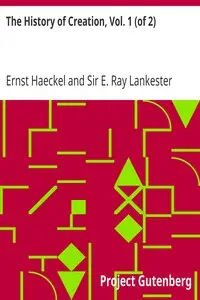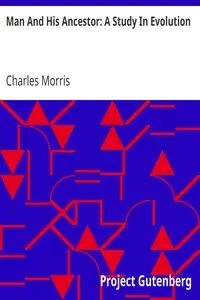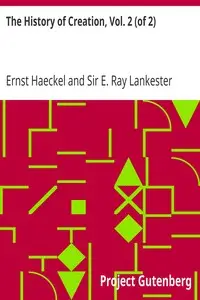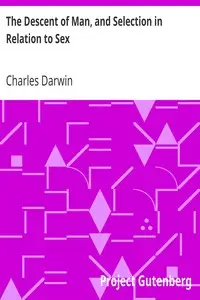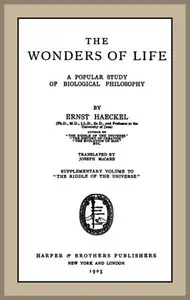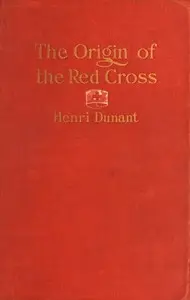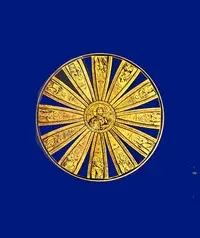"The Evolution of Man" by Ernst Haeckel is a scientific exploration of human ancestry that explains the connections between human development, embryology, and evolutionary biology. Haeckel introduces his own theories on human evolution so people can understand how biology and anthropology help clarify the story of humanity. Looking at both the development of human embryos and how humans are evolutionary related to other animals, Haeckel compares different species to show where we have similarities and differences. With many detailed illustrations, his accessible approach allows the average person to learn intricate concepts, encouraging a broader awareness of human origins and transformations.

The Evolution of Man
By Ernst Haeckel
Discover the illustrated journey through human origins, where embryos reveal our deep connections to the animal kingdom.
Summary
About the AuthorErnst Heinrich Philipp August Haeckel was a German zoologist, naturalist, eugenicist, philosopher, physician, professor, marine biologist and artist. He discovered, described and named thousands of new species, mapped a genealogical tree relating all life forms and coined many terms in biology, including ecology, phylum, phylogeny, and Protista. Haeckel promoted and popularised Charles Darwin's work in Germany and developed the influential but no longer widely held recapitulation theory claiming that an individual organism's biological development, or ontogeny, parallels and summarises its species' evolutionary development, or phylogeny.
Ernst Heinrich Philipp August Haeckel was a German zoologist, naturalist, eugenicist, philosopher, physician, professor, marine biologist and artist. He discovered, described and named thousands of new species, mapped a genealogical tree relating all life forms and coined many terms in biology, including ecology, phylum, phylogeny, and Protista. Haeckel promoted and popularised Charles Darwin's work in Germany and developed the influential but no longer widely held recapitulation theory claiming that an individual organism's biological development, or ontogeny, parallels and summarises its species' evolutionary development, or phylogeny.

